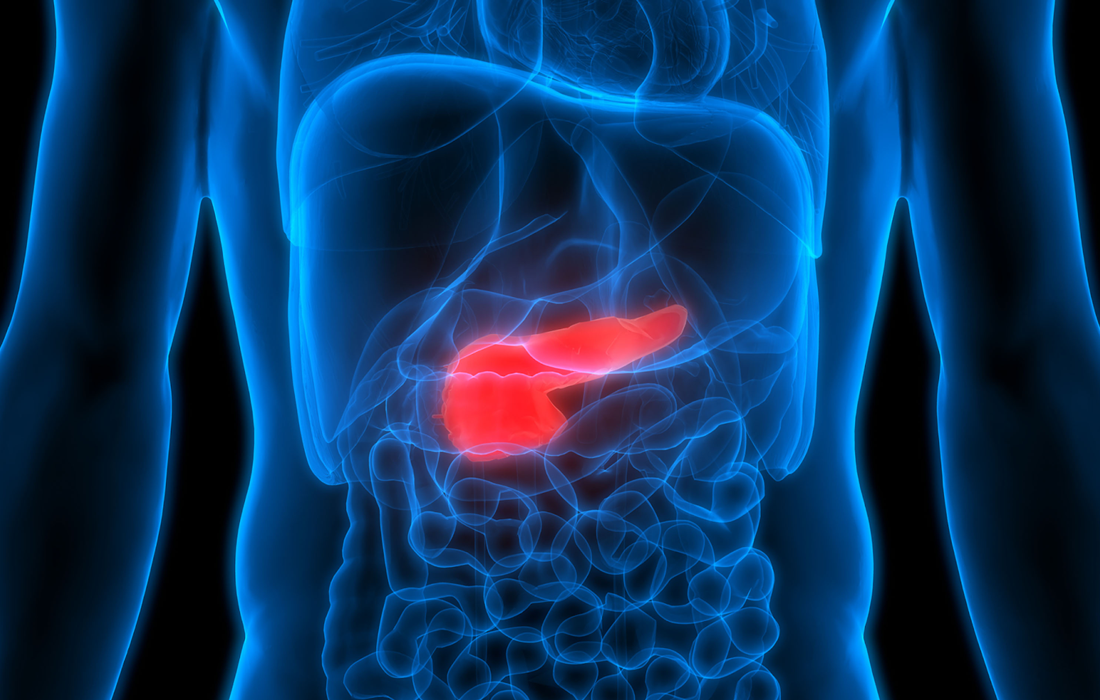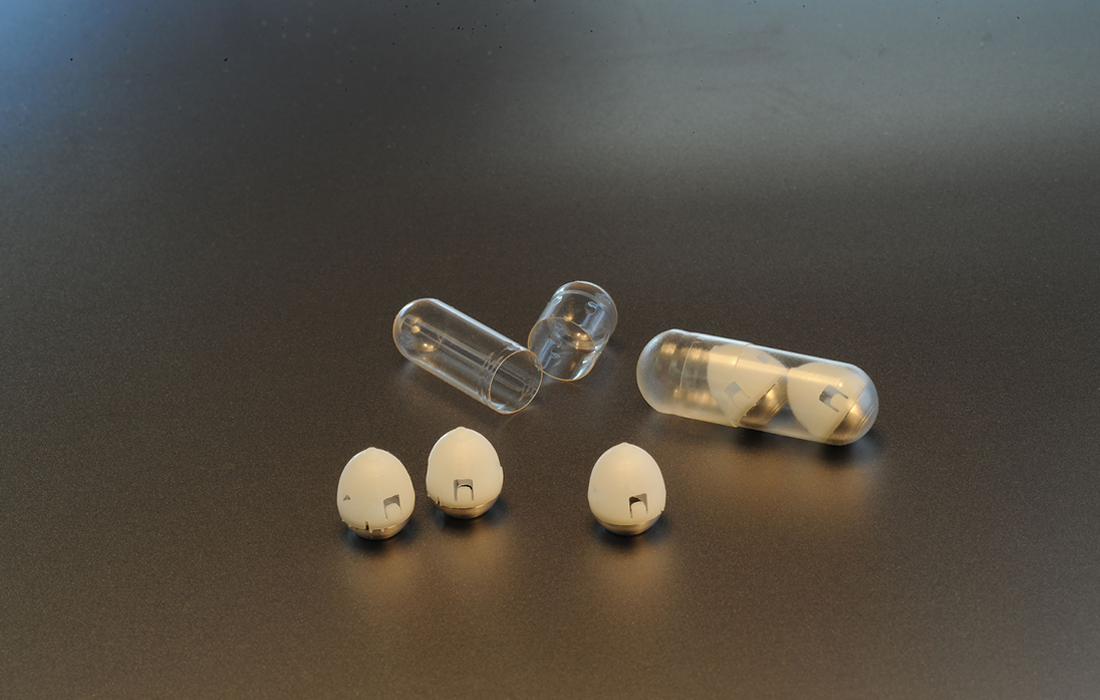Aging and related diseases are associated with alterations in oxidative status and low-grade inflammation, as well as a decreased endoplasmic reticulum (ER) unfolded protein response (UPR). UPR is a functional mechanism by which cells attempt to protect themselves against ER stress, resulting from the accumulation of the unfolded/misfolded proteins. One group of proteins associated with […]
Monthly Archives: January 2023
Nausea and vomiting affect about 85% of pregnant women and have a significantly negative impact on life quality during early pregnancy. Vitamin B6, antihistamine doxylamine, and metoclopramide may benefit patients who have nausea and vomiting during pregnancy. Alternatively, holistic remedies may be useful. Overall, there is a lack of strong evidence that any of these […]
Mood state, different from emotion, is a low-intensity, diffuse, and relatively enduring affective state. People are in a mood as soon as they wake up and could be, for instance, cheerful, irritated, hopeful, gloomy… etc., with non-specific causes. Given the relatively enduring and long-lasting nature, people carry out daily tasks while in a certain mood. […]
Human dermal fibroblasts (HDFs), the main cell population of the dermis, gradually lose their ability to produce collagen and renew intercellular matrix with aging. Exosomes are tiny sacs (30 — 150 nanometers across) that are excreted and taken up by cells. They can transfer DNA, RNA or proteins from cell to cell, affecting the function […]
For many people, keeping a healthy body weight can be a challenge. According to the Centers for Disease Control and Prevention, among adults 20 years-old and over, the prevalence of obesity is 42% in the U.S. Obesity-related conditions, including heart disease, stroke, type 2 diabetes and certain types of cancer, are among the leading causes […]
Six minutes of high-intensity exercise could extend the lifespan of a healthy brain and delay the onset of neurodegenerative disorders, such as Alzheimer’s disease and Parkinson’s disease. New research published in The Journal of Physiology shows that a short but intense bout of cycling increases the production of a specialized protein that is essential for […]
New research from the University of Alabama at Birmingham says the gut microbiome is involved in multiple pathways in the pathogenesis of Parkinson’s disease. The findings, published in Nature Communications, show a wide imbalance in microbiome composition in persons with Parkinson’s disease. The study is the largest microbiome study conducted at the highest resolution. The […]
The burden of type 2 diabetes is far reaching, with an estimated 415 million people affected worldwide and an estimated annual global health expenditure of US $760 billion. Intensive glycemic management to achieve the target glycated hemoglobin (HbA1c) value of less than 7% (53 mmol mol−1) is supported by good-quality evidence, but glucose control remains inadequate globally. […]
Exercise plays a significant role in training, rehabilitation, and a healthy lifestyle. These activities require different regimens based on the desired outcomes. For instance, unlike a senior citizen, an athlete can undertake a demanding exercise routine. An appropriate training program design should, therefore, be based on identifying and analyzing factors affecting individual training. Previous research […]
For the millions of people living with diabetes, insulin is a life-saving drug. Unlike many other medicines, though, insulin cannot be easily delivered by swallowing a pill , it needs to be injected under the skin with a syringe or pump. Researchers have been making steps toward an insulin pill, and now, a team reports […]










